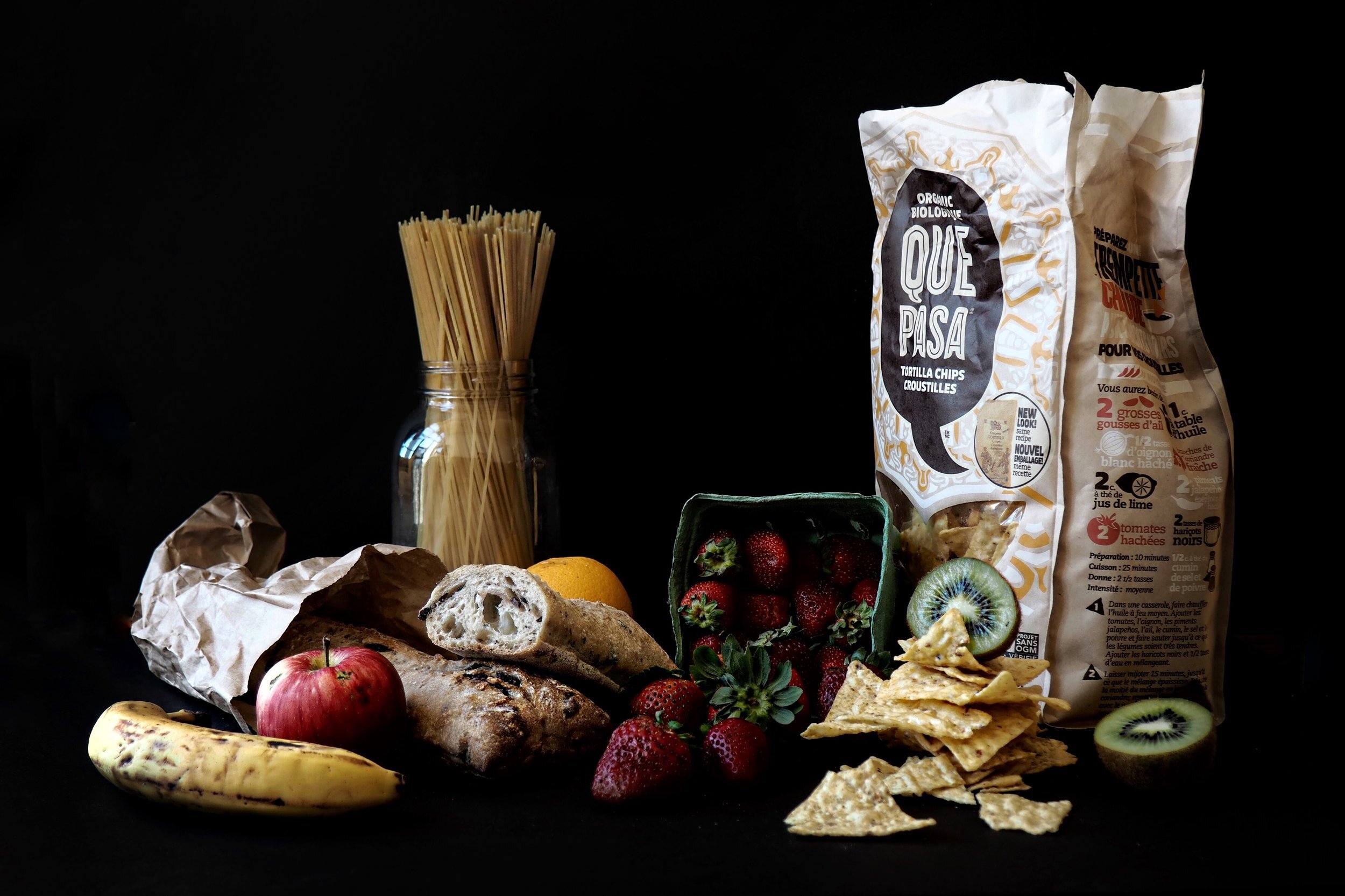Sugar: The Sweet Addiction
This month's issue is an ode to la dolce vita: the sweet life. And what better way to start a dialogue about our relationship with food than to begin with our oldest fling? Sugar.
We love to hate all things sweet. Sugar's always there for the good times - and the bad. But now we're starting to realize that maybe this relationship is more toxic than it once appeared.
Most people are familiar with the concept of complex and simple carbohydrates. Read any standard diet advice and you get this: complex carbs good, simple carbs bad. Sugar is most definitely a simple carb - beware! But there are more shades of grey than black and white in this matter.
First, it’s helpful to define what we’re talking about. The word 'carbohydrate' comes from two cornerstone molecules: carbon and hydrogen. They stick together in a variety of combinations to form carbohydrates. What truly distinguishes 'simple' from 'complex' is how they bond together. Shorter bonds: simple carb. A winding molecular structure: complex carb.
The word 'sugar' itself is actually a categorization of a variety of compounds that we find sweet. Many we come across everyday, in milk (lactose), fruit (fructose), glucose (what our bodies use to fuel our muscles), and - finally - sucrose: what we buy as bags of sugar.
At the end of the day, all carbs are digested by the body and turned, largely, into glucose for fuel. It doesn’t matter if it’s a spoonful of sugar or the most fibrous, whole-grain thing one can imagine. The dose makes the poison. Eat too much of any carb, and the resulting spike in blood sugar signals our body that it’s a time of plenty: better pack the excess energy away as fat because winter is coming.
What the growing body of knowledge on dietary health shows, now, is that maybe we, as the modern world, were too quick to demonize fats as the source of our bodily ills. Perhaps believing that eating fat will make one fat is too simple of an equation. It's time to sharpen our pitchforks for a brand new food boogeyman: sugar.
How could we be so blind? We gleefully eat something that might just kill us. It’s not simple madness. Humanity and sugar have been together for so long, it's hard to remember where it all began.
For the earliest of humans, sweet was a signifier for the rare. Sweet was the explosion of ripe fruit in season only once a year. Sweet was the sticky tang of honey earned only after combating a hive of bees. Sweet was the reward for the careful chewing of hard roots dug from the earth.
The latter is likely how sugar as we know it started to appear. There's evidence of tribes in New Guinea that chewed sugar cane when they could find it. Cultivation of the sweet reed eventually moved to the Indian subcontinent, then to the Middle East around the seventh century. Ironically, it was then considered a key ingredient in health tonics designed to cure maladies of the stomach, bladder, and kidneys.
It wasn’t until the Crusades that widespread knowledge of sugar and other spices made it back to the Western world. Even then, sugar remained a rarity. The colder climes of Europe aren't kind to sugar cane. But there's a solution to every problem.
Well before sugar was a culprit in building our waistlines, it was responsible for building whole nations. In many respects, the world owes the scars of imperialism, in part, to sugar - along with spices and tobacco. Starting in the 12th century, any tropical region of the New World was quickly terraformed for cash crops like sugar; Brazil and much of the West Indies are testaments to this. From then, it was only a matter of time before the secrets of mass production and refinement made their way to sugar. Sugar is now one of the most ubiquitous ‘spices’, right alongside salt and pepper (both of whom also have their own riches to rags story - but that is for another time).
The details, perhaps, we have glossed over. What remains is the fact that sugar is not just a ubiquitous, sweet additive. Sugar is not just the latest tobacco. Sugar is a substance with deep-rooted, primal longing. It's a taste that was once as rare as gold; one whose presence at important events - like birthdays and weddings - once signified the wealth of its hosts. Wealth that, at one point, drove humanity to change our very world in that sweet pursuit.
Perhaps, in this case, “the dose makes the poison”. Like many of the trappings of the modern world, we’ve loved sugar to excess. Our heavy-handed application of sugar to just about anything, even things that it has no right being in, is likely the true culprit.
We can indeed have our cake and eat it, too - but only if in moderation. Sugar was once reserved for truly special occasions; it’s time to recapture that spirit. We deserve a better relationship with sugar, but it’s going to take some work to stay together. Part of that requires being truly involved in our food - like being aware of ingredients in the things we buy and taking a more active role in the kitchen. Sugar is a special thing and should remain that way; as the near-universal taste of celebration among cultures it’s become.
And what better way to begin our celebration of food than with our greatest fling of all?
Written by Nicholas Wong. Photography by Abhishek Dekate.

